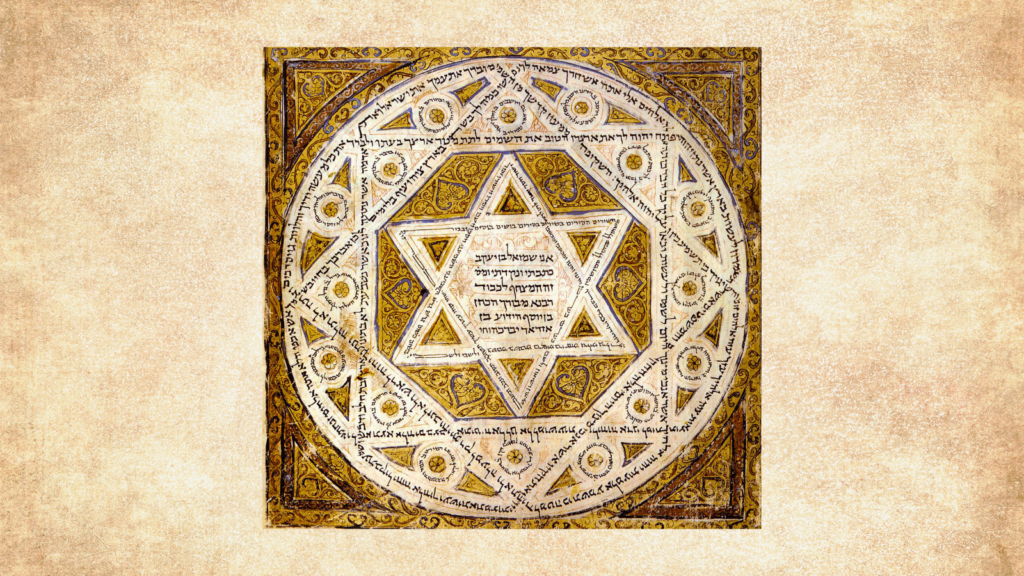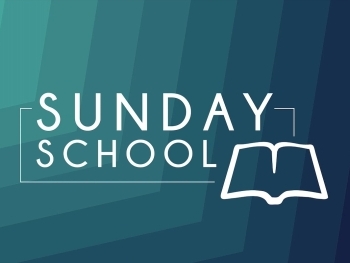Biblical Hebrew, also known as Classical Hebrew, is a language that has been used for thousands of years to write some of the most important texts in Jewish tradition. While the language itself has undergone changes over time, it remains an integral part of modern Jewish culture and language. In this article, we will explore the role of Biblical Hebrew in modern Jewish culture and language.
One of the most significant ways in which Biblical Hebrew is still used in modern Jewish culture is in the study of sacred texts. Many Jewish scholars and students study the language in order to better understand and interpret the Bible and other important religious texts. In addition, Hebrew remains the primary language of prayer in many Jewish communities, with traditional prayers and blessings often recited in Hebrew.
Beyond its role in religious practice, Biblical Hebrew has also had a significant influence on the modern Hebrew language. Modern Hebrew is based on Biblical Hebrew, with many words and phrases taken directly from the ancient language. This connection to the past gives Hebrew a sense of continuity and tradition, and it has played a key role in the revival of the language in the modern era.
In addition to its linguistic significance, Biblical Hebrew has also had an impact on Jewish culture more broadly. The language is deeply connected to Jewish history and identity, and it is often used in literature, music, and art as a way of expressing these themes. For example, many Jewish writers and poets have used Hebrew to explore issues of faith, identity, and tradition, while musicians and artists have incorporated Hebrew into their work as a way of connecting with Jewish culture and heritage.
Despite its ancient roots, Biblical Hebrew continues to play a significant role in modern Jewish culture and language. From the study of sacred texts to the revival of the Hebrew language, the language remains a vital part of Jewish identity and tradition. By exploring the role of Biblical Hebrew in modern Jewish culture, we can gain a deeper understanding of the language's significance and its ongoing impact on Jewish life and culture.




